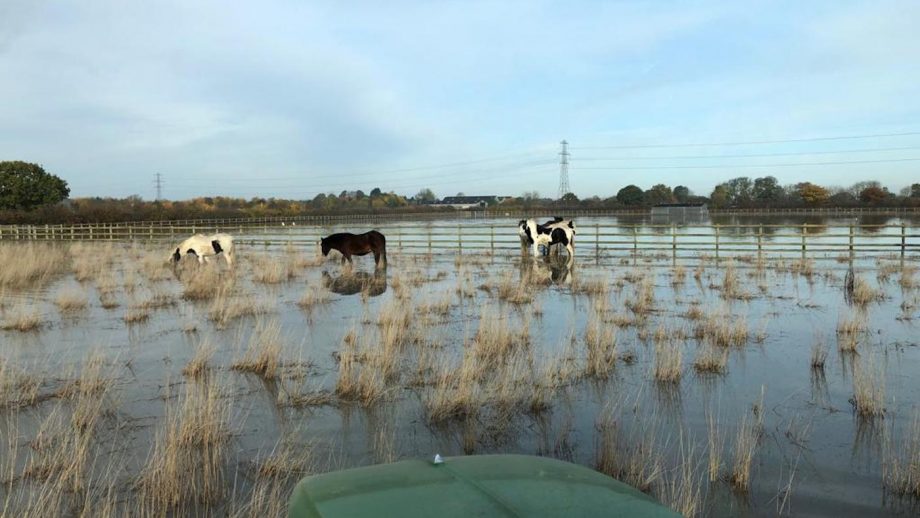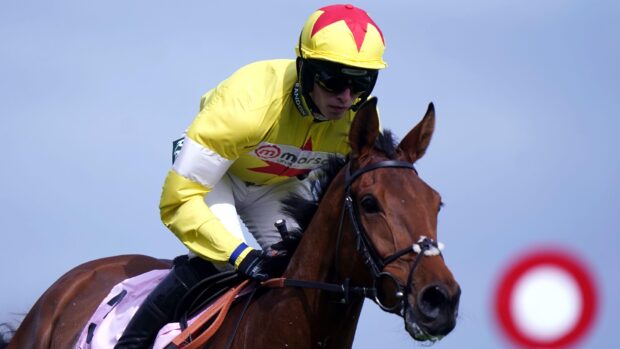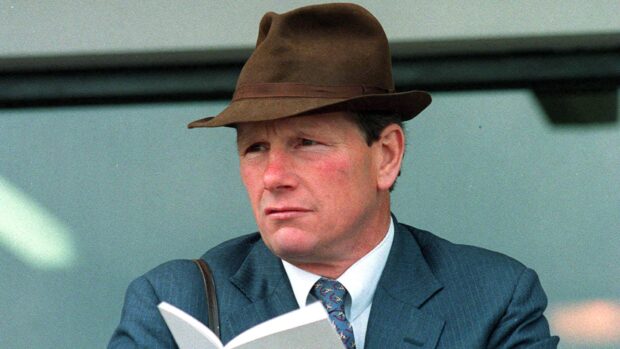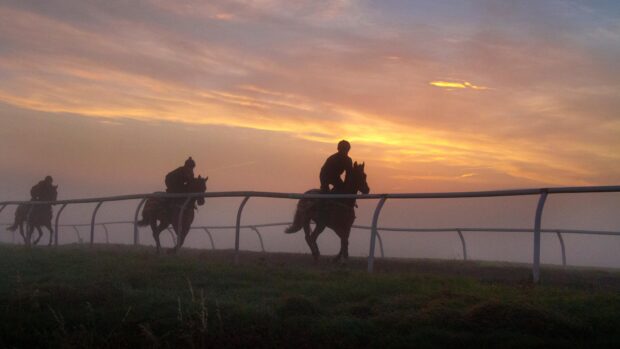EXOTIC diseases, ground conditions and equine, human and spectator welfare should all be considered in relation to climate change, experts agree.
Russell Seymour, founder and chief executive of the British Association for Sustainable Sport (BASIS), spoke at the Racing Foundation conference, titled “Future-proofing the racing industry: protecting people and the planet”, on 30 September.
He said the Racing Foundation and Ascot racecourse are BASIS members, and the British Horseracing Authority is “about to be”, “so interest is developing, and I think racing is starting to look at the potential impacts of climate change,” he said. “We’re talking about the implications of what we do now, decades into the future.”
Dr Seymour spoke of data showing that “everything we’re measuring in terms of environmental impact is going in the wrong direction”, and although “the world isn’t going to explode next week, we’ve got to start thinking about what’s actually happening”.
He discussed the impact already being felt; flooded venues, South African and Indian cricket called off owing to drought, bowlers in Delhi in 2018 only able to bowl two overs before they had to be given oxygen as the air quality was so poor, cancellation of rugby World Cup matches in 2019 when storms hit Japan. He also mentioned a day in Britain in 2019 when temperatures hit 38.7°C, and more than double the normal number of fans at Lords were seen by first-aiders.
“We have a duty of care to spectators, as well as athletes and horses,” he said.
Dr Seymour said Sports for Climate Action sets our principles organisations can work towards and that he hopes world leaders will make some “important decision” at this month’s UN climate change conference.
“The point to take away is that things are changing,” he said. “This is a risk to all sports, and we need to take it on board and understand the risks.”
In a discussion that followed, the Racing Foundation’s Rhianydd Lee-Jones said good work is being done in the industry, citing the climate change and racing group, comprising volunteers from across the industry.
She showed a documentary of James Tate, a trainer, vet and group member, who discussed tropical equine disease; West Nile virus is transmitted by mosquitoes that are not in the UK, but although it was once also exotic to Europe, cases have been seen in Spain recently.
“There is a vaccination, but if Britain heats up more, we’ll see it here, and we’ll have to be ready,” he said.
You might also be interested in:

Bransby Horses in ‘crisis’ following life-changing floods
Director of equine welfare Emma Carter said the charity is facing “extreme times” and needs all the support it can

Owner hit by nine devastating floods ‘overwhelmed’ by public generosity

Mass equine deaths in Australia in 42C heatwave *warning, graphic image*
‘We expect these emergencies to occur with increasing frequency and nobody is truly prepared and resourced to respond to them’

Subscribe to Horse & Hound magazine today – and enjoy unlimited website access all year round
Horse & Hound magazine, out every Thursday, is packed with all the latest news and reports, as well as interviews, specials, nostalgia, vet and training advice. Find how you can enjoy the magazine delivered to your door every week, plus options to upgrade your subscription to access our online service that brings you breaking news and reports as well as other benefits.




